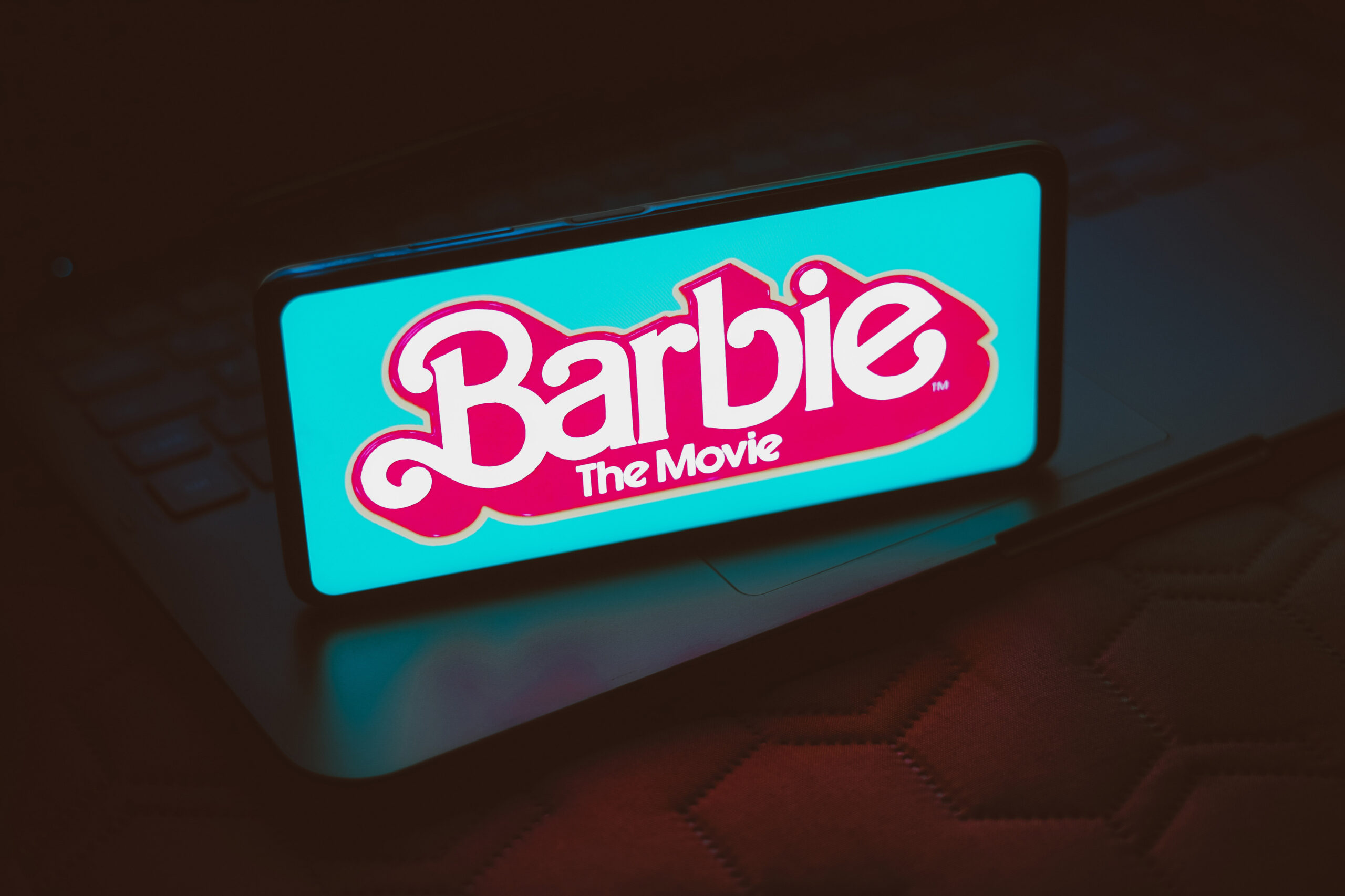Barbie: A Millennial Mom Movie
All the meaning in life comes from the things that give you wrinkles.

Move over, boomers. It’s the millennials’ time now.
Greta Gerwig, director and co-writer of Barbie, is a millennial mom. There are not very many of us. Women born between 1981 and 1994 are on track to be an exceptionally childless generation, giving birth later and marrying less frequently than our parents and grandparents.
Her directorial breakout, Lady Bird (2017), has been called a coming-of-age movie, but the hero of the film is not so much teenager Saoirse Ronan but her psychiatric nurse mom, who puts in double shifts at the hospital to keep the family together after dad loses his job. Beneath the surface plot about whether Lady Bird will get into NYU, Lady Bird is a movie about how mothers will do anything for their daughters even though daughters are inevitably too immature to appreciate it.
When Lady Bird came out, Gerwig was on the cusp of motherhood; her children were born in 2019 and February 2023. (Doing the Barbie promotional tour less than six months postpartum—you go, girl.) It’s the age when a person starts getting used to thinking of herself as an adult even though it feels like the prom was just yesterday.
Now her oldest son is four years old, and Gerwig, like a lot of millennials, is putting youth behind her and settling into middle age.
That is where Noah Baumbach comes in.
Baumbach is Gerwig’s romantic partner and co-writer of Barbie. A constant theme of his films is that youth is awful. The only redeeming thing about youth, in a Baumbach movie, is that it’s the way to become old.
His debut, Kicking and Screaming (1995), came out when Baumbach was 26 years old but all the best lines in it are about how much he would prefer to be at least 56 years old. “I’m nostalgic for conversations I had yesterday. I’ve begun reminiscing events before they even occur. I’m reminiscing this right now.” Even the climactic love scene is about age:
“The way I see it, if we were an old couple, dated for years, graduated, away from all these scholastic complications, and I reached over and kissed you, you wouldn’t say a word, you’d be delighted, probably, but if I was to do that now it’d be quite forward, and if I did it the first time we ever met you probably would hit me.”
“What do you mean?”
“I just wish we were an old couple so I could do that.”
When Baumbach joined up with his muse Gerwig, he added another theme to his dissection of youth: how careless young people are about hurting others.
Ten years ago, Gerwig starred in a trilogy of films about being a young woman in New York City: Lola Versus (2012), Frances Ha (2012), and Mistress America (2015), the latter two collaborations with Baumbach. Most young-woman-in-the-city movies are about our protagonist overcoming obstacles and heartbreak. The Gerwig trilogy is all about a young woman realizing that, for many of the people around her, she is the obstacle. She’s the one causing the heartbreak.
In Mistress America, youth is not a time of endless possibility. It’s a time when you cause pain to the people in your life and don’t even realize it because you’re so caught up being the hero of your own story. It’s also a time in life when you throw away opportunities because you don’t yet grasp how scarce they are. “You can’t really know what it is to want things until you’re at least 30,” Gerwig’s character says.
Which brings us to Barbie. Barbie is a symbol of youth, beauty, and possibility. She can be anything, and everyone is drawn to her. But it’s all meaningless because the reason she’s so beautiful and perfect is that nothing has ever happened to Barbie. All the meaning in life comes from the things that give you wrinkles.
When she comes to the real world, Barbie finds herself on a bench at a bus stop next to a grandmotherly looking old lady. She has never seen an elderly woman before. No one ages in Barbie Land. Barbie gazes at her face and says, “You’re so beautiful.” The woman smiles and says, “I know it.”
According to Gerwig, studio executives wanted her to cut the scene, because it doesn’t move the plot along. She told them, “If I cut the scene, I don’t know what this movie is about.”
America Ferrera’s character in Barbie describes herself as “just a boring mom with a boring job and a daughter who hates me.” It is her sadness about her unglamorous life that draws Barbie into the real world in the first place. By the end of the movie, she and Barbie have both realized that that a boring mom is sometimes a wonderful thing to be, a lot more wonderful than living in a plastic dream house.
Subscribe Today
Get daily emails in your inbox
Barbie is a movie about how being a woman is difficult, just like Lady Bird is about how being a mom is difficult. In both cases, the difficulty is worth it because it connects a person to the deepest kinds of love known to womankind, sisterhood and motherhood.
Middle age hit the baby boomers hard. They glorified youth, so when they lost it, it felt like the end of the world. Denial was how many of them coped, refusing to ever see themselves as grown-ups.
Millennials are more likely to agree with Baumbach that the best thing about being young is that you get to be a grown-up at the end of it. Maybe it’s because we’ve been infantilized all our lives by our boomer elders. Whatever the reason, Barbie is a millennial director’s way of saying to the world now that her generation is hitting middle age: We are ready to put our toys away.
Comments